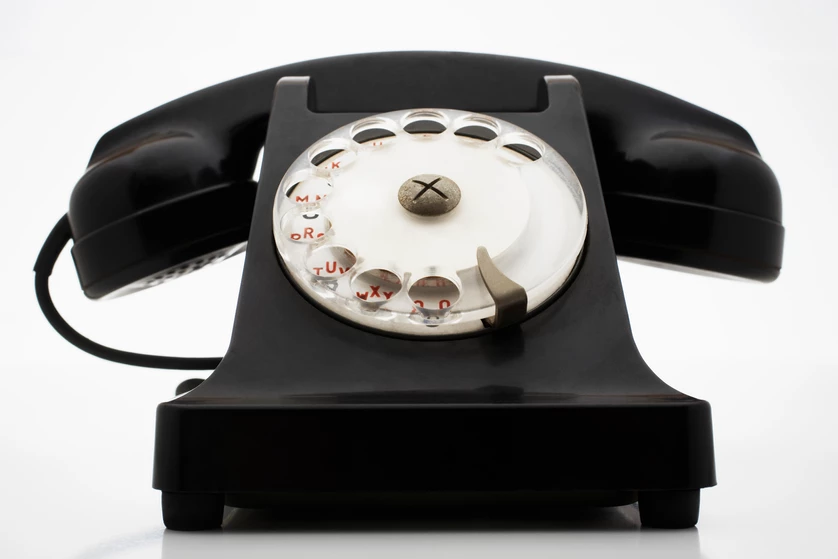
Information To Help You Choose The Right Business Telephone Line
For the person that isn’t tech-savvy, ISDN, PSTN, SIP or VoIP doesn’t mean anything. But if you are looking at phone lines for your business, then you’re going to need to know what these letters stand for. We offer the following information as a reference to help you understand what the experts are throwing at you:
Getting Back To The Basics
In the UK, it isn’t unusual to find analog phone lines in businesses and residents. The analog, also known as the Public Switched Telephone Network (PSTN), enables calls to be made through the local exchange by way of a copper wire network using a telephone that was plugged in or hardwired, to the wall. The functionality of the analog telephone is limited with only one number to each line. And the features were basic.
With the popularity of cell phones and VoIP systems, analog telephones are declining in the UK. Experts predict that as broadband services expand more, the residential customers will require fewer and fewer landlines, thus analog phones will become less common.
ISDN Is Where It’s At
The 1980s brought us digital telephones and businesses quickly grabbed on to this attractive trend because of the wide number of features it offered. Multiple channels were possible, and they could have a direct dial to the various departments within the business. Digital lines enable businesses to have multiple channels.
SIP versus VoIP
There are two options with internet-based telephony for your business: SIP and VOIP. Session Initiation Protocol (SIP) isn’t truly a telephone system but more like a protocol that enables data packets to be transmitted between devices by way of the Internet. It requires internet telephone lines to be attached to a traditional Private Branch Exchange (PBX) onsite.
